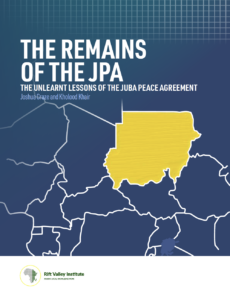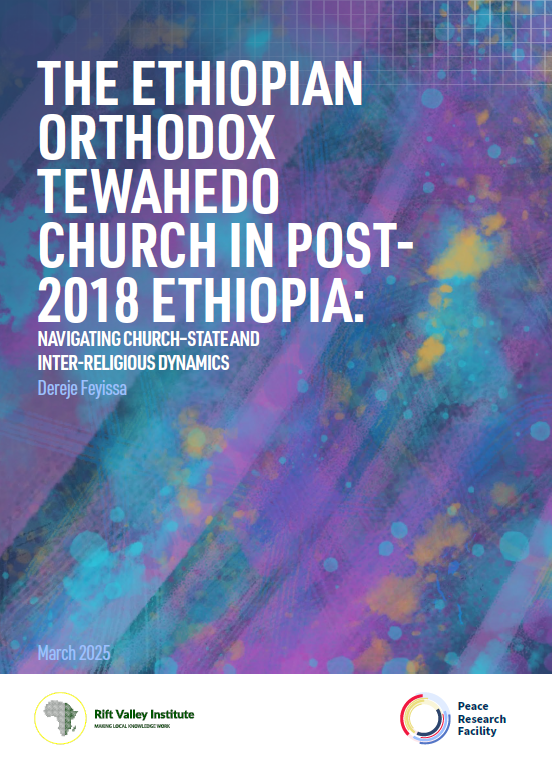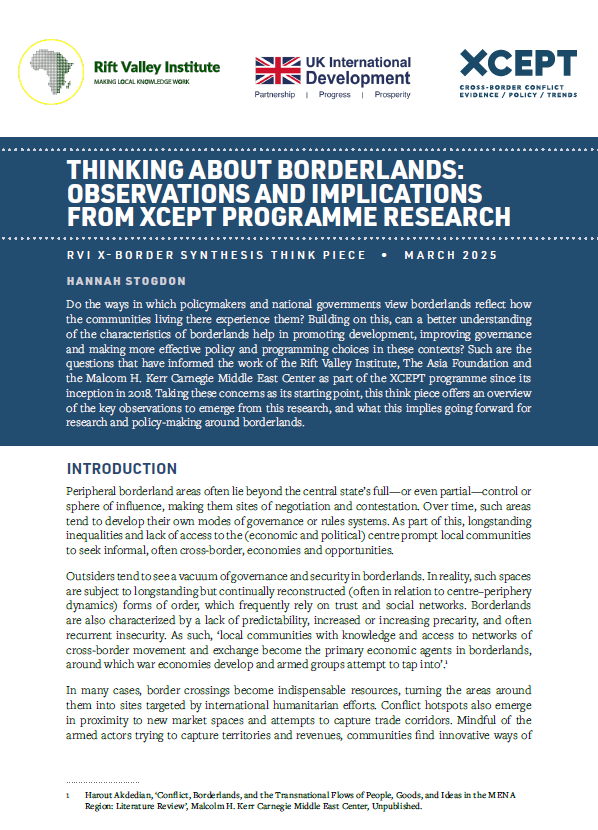SUMMARY
At its signing in October 2020, it was hoped that the Juba Peace Agreement (JPA) would finally address the root causes of the conflicts in Sudan. Three years later, it is clear that the most important legacy of the JPA is a continuation of the transactional politics that had characterised the reign of Omar al-Bashir.
The JPA became a lever that allowed the Sudanese security sector to dilute the power of the Forces of Freedom and Change (FFC) in the transitional government, establish a bloc of commanders beholden to the military leadership, and prepare the way for the October 2021 coup, which was actively supported by two of the Darfuri signatories of the JPA, and had the tacit approval of other signatories.
The more expansive aspirations of the JPA, including fiscal federalism and measures addressing land issues and the fate of displaced peoples, have not come to pass. Proposals for these issues contained in the JPA were irredeemably hamstrung by a lack of adequate representation among the signatories, which caused the JPA to fuel, rather than address, conflict—particularly in Eastern Sudan and Darfur—prior to the beginning of the war in Sudan in April 2023.
On paper, the negotiation of the JPA did appear to include a broad variety of stakeholders, particularly from Darfur and the Two Areas. In effect, however, engagement with these groups was simply to rubber stamp an agreement that was largely worked out between the leader of the Rapid Support Forces (RSF), Mohamed Hamdan Dagalo’s [Hemedti] negotiators—at the time, partly on behalf of a united Transitional Sovereign (Military) Council—and a group of rebel leaders who had little legitimacy on the ground. The JPA thus amounted to yet another powersharing agreement for elite commanders that failed to bring communities from the Sudanese peripheries into the political mainstream.
This is report 3 of 3 in this series. Find the other two reports below:
Report 1: Key Actors in the JPA
Report 2: Paying for Peace
The Juba Peace Agreement (JPA) project, which began in 2022, is a collaboration between the Rift Valley Institute(RVI), Confluence Advisory (CA) – the research partners – and the United States Institute of Peace (USIP), which has funded and supported the project.
The project sought to conduct research that would do three things: 1) map out the key actors in the JPA; 2) explain the political economy of the agreement; and 3) set out a series of policy recommendations, and lessons learnt, for international actors involved in the process.
The project started in the aftermath of the October 2021 coup and its conclusion takes place whilst Sudan experiences a devastating national conflict with fighting widespread from Darfur to Khartoum. Amidst the current war, it is all too easy to forget the national peace agreement that preceded it. While the JPA was undeniably flawed, there is much that can be learnt from how the agreement was reached, what it sought to achieve and the mechanisms that were designed, although largely never activated, as part of it.



